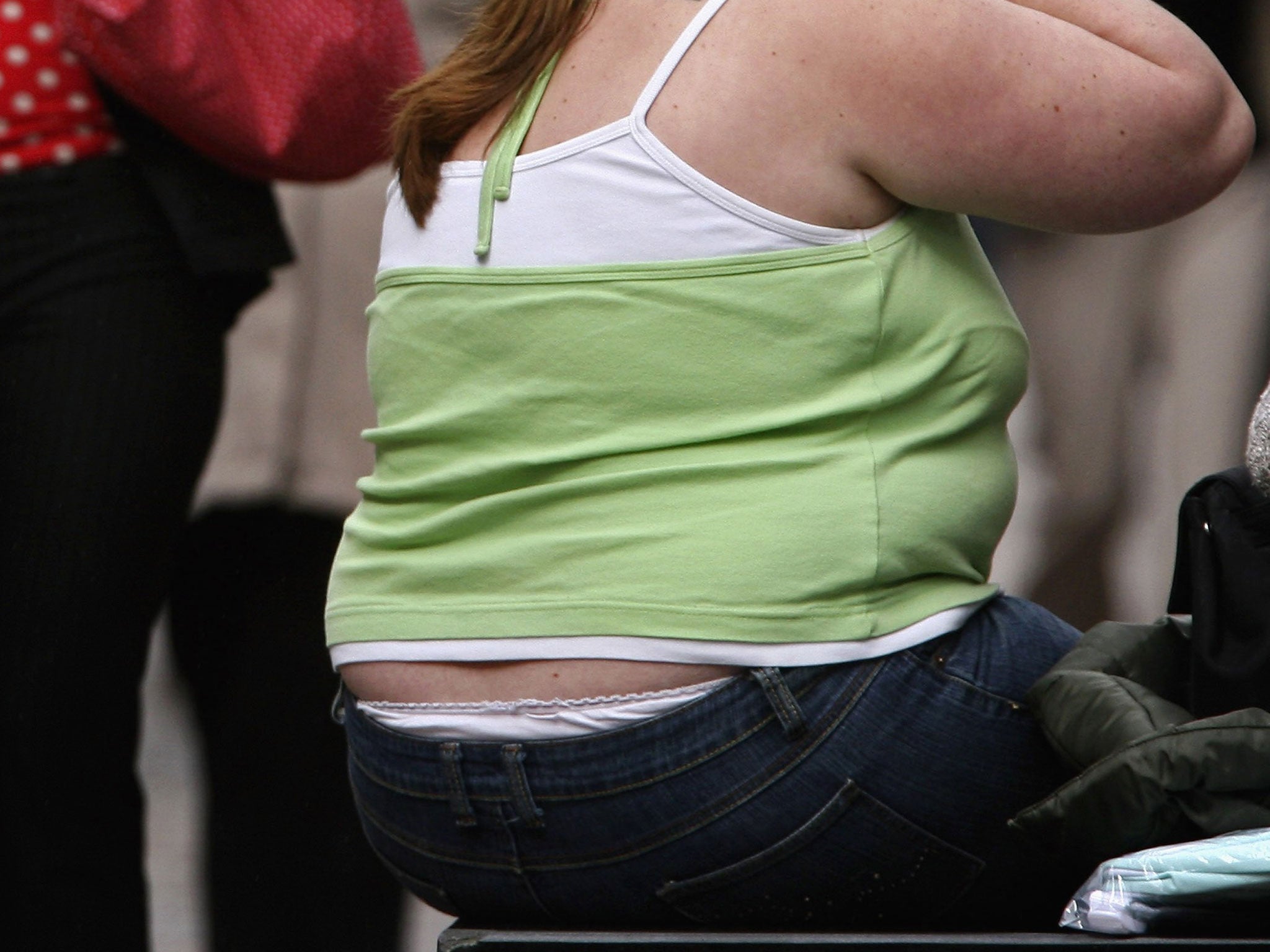Scottish diet is 'making country sick' with obesity-related illnesses 'the norm'
Report from food standards watchdog warns people are deceiving themselves into thinking they eat healthily

Your support helps us to tell the story
From reproductive rights to climate change to Big Tech, The Independent is on the ground when the story is developing. Whether it's investigating the financials of Elon Musk's pro-Trump PAC or producing our latest documentary, 'The A Word', which shines a light on the American women fighting for reproductive rights, we know how important it is to parse out the facts from the messaging.
At such a critical moment in US history, we need reporters on the ground. Your donation allows us to keep sending journalists to speak to both sides of the story.
The Independent is trusted by Americans across the entire political spectrum. And unlike many other quality news outlets, we choose not to lock Americans out of our reporting and analysis with paywalls. We believe quality journalism should be available to everyone, paid for by those who can afford it.
Your support makes all the difference.Scotland’s obesity problem is so severe that it has become the “norm” for people to be overweight to the point of illness, according to a new report by the country’s food standards watchdog which suggests people are deceiving themselves into thinking they are eating healthily.
The national diet of often fatty foods hasn’t changed for 15 years and is making the country “sick” through high levels of diabetes, heart disease and other illnesses associated with obesity, the report by Food Standards Scotland warns.
The problems associated with a poor diet are still not appreciated by many Scots, it adds, highlighting statistics which show that around 75 per cent of adults believe that their diet is healthy despite the fact that 65 per cent are officially classed either as overweight or obese.
As a nation Scotland consumes too many calories, too much fat, sugar and salt, and not enough fruit, vegetables, oil-rich fish and high-fibre foods, the report says. People living in the most deprived areas tend to have the worst diets, partly due to the popularity of sugary drinks.
A persistently bad national diet is placing greater burden on the NHS, the report adds, pointing out that around 500,000 people in Scotland are at high risk of developing diabetes – a number which is increasing every year.
“Our poor diet is not getting better and now spans generations. The question is really becoming how many more generations need to be affected before we listen to the evidence and change our current course?” the report says.
“Being overweight and chronically unwell is our ‘norm’. It is not down to individuals, nor retailers nor manufacturers alone to address this problem. Everyone has to shift their mindset and be willing to act differently to what is done today. Condemning future generations to a population that is overweight and obese should not be the legacy of our generation.”
The Scottish Government said it was fully aware of the problem and was committed to spending more than £10 million between 2012 and 2016 on projects to encourage healthy eating. “We recognise that there are issues with the Scottish diet and that many of these are long standing, however there are some indications of progress in recent years, for instance a reduction in the purchase of sugary drinks,” said Maureen Watt, the Minister for Public Health.
Join our commenting forum
Join thought-provoking conversations, follow other Independent readers and see their replies
Comments